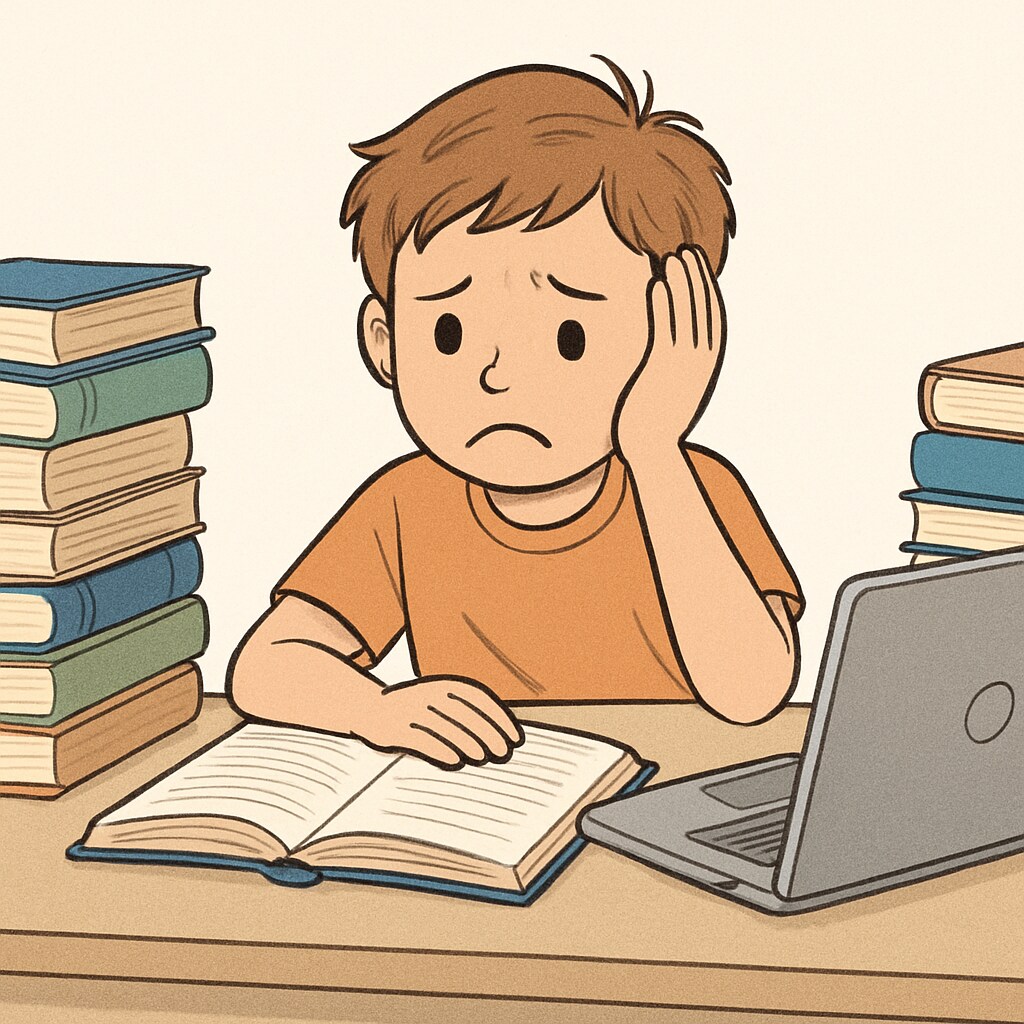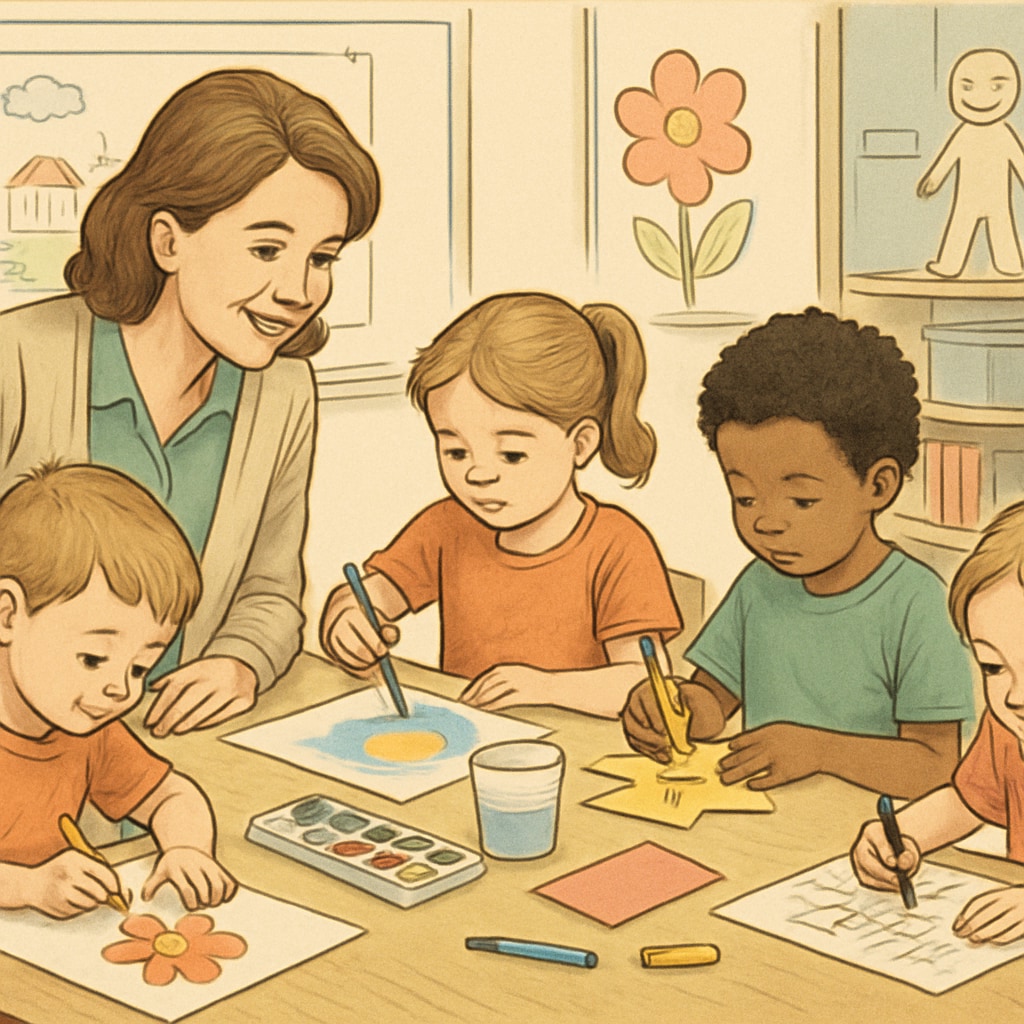The growing competition in education has brought college admissions pressure to unexpected corners of childhood, even affecting first graders. This phenomenon raises serious concerns about the challenges these young children face, their emotional and psychological well-being, and the societal forces driving this trend. As parents and educators push children toward academic achievements earlier than ever, it begs the question: Are we robbing them of their childhood in the name of future success?
Understanding the Root Causes of Early College Admissions Pressure
Why has the concept of college admissions trickled down to children as young as six or seven? Several factors contribute to this alarming trend:
- Parental Expectations: Many parents, influenced by the competitive job market, believe early academic preparation is the key to long-term success.
- Societal Pressure: Communities often celebrate high academic achievers, creating a ripple effect where families feel pressure to keep up.
- Overemphasis on Extracurricular Activities: Activities like coding camps, music lessons, and academic enrichment programs are increasingly marketed toward younger children as “essential” for future college applications.
These factors form a high-pressure bubble around first graders, leaving them little time for unstructured play or personal exploration. The notion of a carefree childhood is fading in the race to secure a better future.

The Psychological and Emotional Toll on First Graders
The impact of such early expectations can be detrimental to a child’s mental health. At the age of six or seven, children are still developing their emotional and cognitive capacities. Forcing them to focus on long-term goals like college admissions can create unnecessary stress and anxiety.
Psychologists have identified several potential consequences of this premature pressure:
- Anxiety Disorders: Young children may develop feelings of inadequacy if they cannot meet the expectations placed upon them.
- Loss of Creativity: Over-scheduling academic and extracurricular activities can stifle a child’s natural curiosity and creativity.
- Burnout: Continuous pressure to perform academically can lead to exhaustion and disengagement from learning.
According to research from the Encyclopedia Britannica, unstructured play is crucial for healthy childhood development. However, the overemphasis on academic milestones at such an early age jeopardizes this critical aspect of growth.
Rethinking the Purpose of Early Education
Given the negative consequences, it is essential to reevaluate the purpose of early education. Learning during the first few years of schooling should focus on social interaction, emotional development, and foundational skills, rather than long-term academic outcomes.
Here are some actionable steps parents and educators can take to reduce the pressure:
- Encourage Play-Based Learning: Allow children to explore their interests through play, which fosters creativity and problem-solving skills.
- Set Realistic Expectations: Recognize that children develop at their own pace and avoid comparing them to peers.
- Promote Emotional Intelligence: Teach children to understand and manage their emotions to build resilience against stress.
By shifting the focus of early education, we can help children grow into well-rounded individuals who are better equipped to face life’s challenges—without the weight of premature academic pressure.

A Call to Action for Parents and Educators
The growing pressure on first graders to prepare for college admissions is a symptom of a larger societal issue. As adults, we must question whether this approach aligns with the ultimate goal of education: fostering happy, healthy, and capable individuals. By prioritizing holistic development over academic achievements, we can ensure that children enjoy their formative years without unnecessary stress.
For more insights into the importance of balanced childhood development, visit resources such as Wikipedia’s Early Childhood Education article.
In conclusion, while the intention behind early academic preparation may be well-meaning, its impact on first graders’ mental health and overall development cannot be ignored. It is time to take a step back and allow children to experience the joys of childhood, free from the burdens of future expectations.


